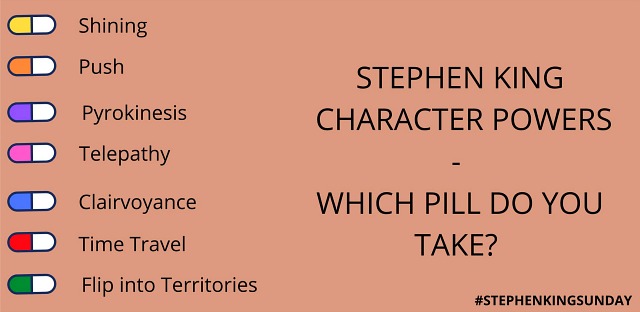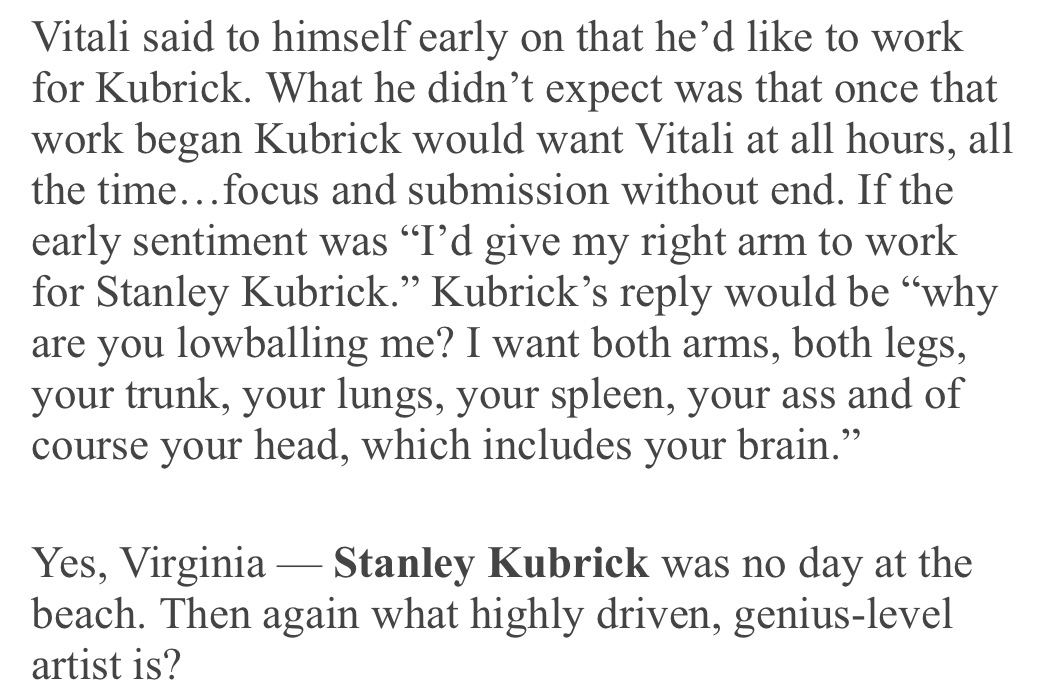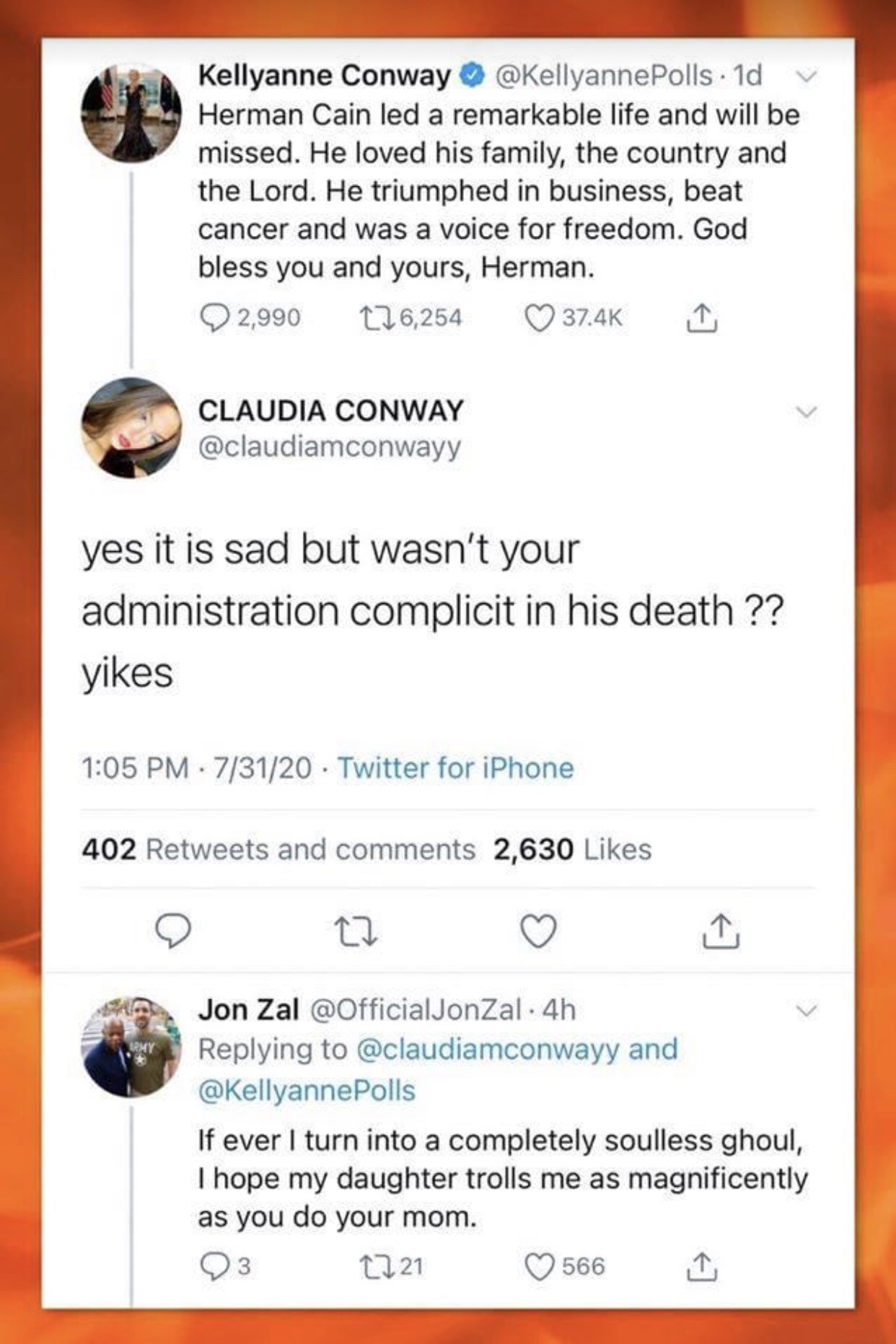
Day: August 2, 2020
Obviously Time Travel
Because time travel is a passport to all kinds of excitement and adventure and God-knows-what-else, not to mention opportunity and great wealth.
Would I visit Dealey Plaza on the morning of 11.22.63? Yes, but not to alter history. In his novel and miniseries “11/22/63”, King has suggested what a screwed-up, tangled-up cosmic malfunction would result if anyone tried, so let’s leave it there.
Instead I would become the photographer and documentarian who removes all ambiguity.
I would get hold of three 16mm color cameras with long-lasting magazines and professional-class zoom lenses along with some first-rate Hasselblad still cameras, and hire a couple of assistants.
I would then (a) find a good vantage point and film Oswald (or whomever) shooting from the sixth-floor window. I’d also (b) film whatever actually happened (or not) behind the wooden grassy knoll fence. And most importantly I’d (c) capture some first-rate MCU color footage of JFK and John Connolly as the shots ring out.

Who Remembers “Secretariat”?
Posted on 10.3.10: In Secretariat (Disney, 10.8), Diane Lane gives an earnest, steady-as-she-goes performance as Penny Tweedy, the conservative housewife who risked financial ruin and defied her husband (Dylan Walsh) and brother (Dylan Baker), who wanted to sell their inherited horse farm for a quick profit, in order to nurture, train and place into competition one of the most celebrated racehorses in history.
The horse was initially named Big Red but eventually became Secretariat — legendary winner of the 1973 Triple Crown. And it’s a thrill to watch (and hear) him run. The film sometimes gives you that amazing charge with exceptional you-are-there photography and sound. But Secretariat is as rote and regimented and corny as Kansas in August, and I don’t see it selling many tickets beyond its base constituency — squares, tourists and hardcore horse-racing fans.
In short, I loved the story of Secretariat more than the movie. Actually, not the story so much as the horse-racing footage. The problem (and the movie has more than one) is that director Randall Wallace uses every trick in the book to make it seem touching, suspenseful, a cliffhanger…a story that massages your heart. Every. Trick. In. The. Book. And you’re not “in” the groove of Secretariat as much as fully aware of everything he’s trying to do to crank you up. You never forget you’re watching a Randall Wallace family-values movie for the schmoes — i.e., white people who stroll around in plaid shorts and white socks and La Crosse golf shirts, and who have an allegiance for old-fashioned Wonder Bread conservatism.
Everything is so right down the middle. And for me, Wallace’s directing style is too tight and straight-laced. There’s a little cut-loose dance sequence when Lane and her team are shown bopping and grooving to a ’70s soul tune, but Wallace doesn’t know how to cut and bump to this kind of thing, or at least not very well. Nor is he especially good at depicting early ’70s counter-culture kids and their behavior. It feels fake, “performed” — like some 1971 Methodist minister’s view of how hippie kids dressed and spoke and acted.
Lane has three moments that play exceptionally — (a) an argument/firing scene with a horse-farm manager in the first act, (b) a moment when she looks into the eyes of Secretariat to see if he’s ready to run, and (c) a financial face-off scene between she, Walsh and Baker. Except the latter scene is brought home by the housekeeper (Margo Martindale) when she spells out the specifics of their father’s will. A solid award-worthy performance needs three powerful moments, not two and a half. Lane’s performance wants to be as good as Sandra Bullock‘s in The Blind Side, but doesn’t quite get there. Sorry.
And Mike Rich‘s script doesn’t really give her any huge killer moments. Solid moments, but not great ones. The staring-at-Secretariat moment might be the best of all. Lane has a hold on the heart and spirit and determination that surely drove her character forward. Nice lady and mildly hot under the circumstances. But why did that wig she was wearing have to look so much like a wig? Don’t hairdressers know how to make wigs a little mussy and more natural-looking?
I quickly lost patience with Scott Glenn, who plays Lane’s ailing dad. Alzheimer’s, a stroke….die, you fucking boring actor!
Bad Ellen Vibes
I’ve been disregarding the Ellen DeGeneres brouhaha about all the complaints about her being a mean boss and the toxic environment among staffers for her daily talk show.
I was also suspicious of that recent Daily Mail report about former staffers accusing Ellen of “turning a blind eye” to rampant sexual misconduct by senior-level producers, etc. As well as a claim that DeGeneres is telling executives at Telepictures and Warner Bros that “she has had enough and wants to walk away from the show”, and that “she feels she can’t go on and the only way to recover her personal brand from this is to shut down the show.”
Today, however, The Sun‘s Emma Parry and James Desborough reported that James Corden is in line to replace Degeneres. So maybe there’s something to it.
This presumably all stems from the “safeties” (i.e., sensitive, mostly Millennial-aged staffers) complaining about the usual usual.
My attitude is that if you’re unlucky enough to be working for a difficult, bullying boss or supervisor, or one who could certainly stand to improve his/her people skills…if you’re in a bad situation like this you need to suck it in, man up and accept this unfortunate energy as the price of working on a popular TV show. You’re there to get paid and forge relationships and move ahead with your career. Hang tough, keep your head down, do the job, and land a better job when the opportunity arises.
I realize, of course, that this is not the prevailing attitude these days. But I can’t help but note the irony about all this complaining having possibly led to DeGeneres walking away from the show, which translates into all her complaining staffers suddenly being without income. On 8.1. a Daily Mail story reported that Ellen’s production staffers are “freaking out over fears she will quit or be cancelled after some employees complained of a toxic atmosphere on set,” etc.
Gee, guys…I guess that’s a possibility when workplace complaints reach a certain fever pitch or tipping point. Maybe you should’ve adopted the HE attitude and not complained quite so much in the first place? Just a thought.

“Mr. Smith” Beats HE To Pulp
All my moviegoing life I’ve been more or less avoiding Frank Capra‘s Mr. Smith Goes To Washington (’39). A highly respected political dramedy about idealism vs. corruption, of course. One of Capra’s finest films, they all say. And one of the standouts of 1939, which has long been celebrated as old-time Hollywood’s greatest year.
But we all know that Capra lays it on too thick. And so my thinking was, “Okay, I’ll see it eventually but I’m in no hurry.” I began telling myself this back in the ’70s, and I somehow managed to sidestep Mr. Smith all through the Nixon, Carter, Reagan, Bush, Clinton, Bush and Obama administrations, and over the last three and a half years of Trump. But a 4K Bluray version was part of a Sony package I bought a while back, and last night I decided to pop it in.
HE verdict: Mr. Smith is a “good” film in that it says the right populist things about governmental corruption (i.e., established stinky politicians need to consider the views of a true-blue idealist every so often), and it does so with crackerjack dialogue (written by Sidney Buchman and Myles Connolly) and lots of snappy attitude and sweaty passion, and you can see how and why it made Jimmy Stewart (between 30 and 31 when it was shot) a major star.
But my God, it wears you down! I felt exhausted after 45 minutes, and I had another 80 minutes to go. By the time it ended I felt all but poisoned by the sugar and the Capracorn syrup. And it felt so fake and cranked up…a big bowl of patriotic whipped cream with sentimental sauce and a cherry on top.
Has anyone in the history of the planet earth every been as naive and idealistic as Stewart’s Jefferson Smith? How could the son of a man who was friendly with Claude Rains‘ Senator Joseph Paine for so many years possibly be this clueless about the ways of the grown-up world?
Why in heaven’s name would Jean Arthur, who’s obviously class-A material and who seems destined to end up as Smith’s girlfriend or wife…why would she even flirt with the idea of marrying Thomas Mitchell‘s cynical Capitol Hill reporter? She and Mitchell were drunk when the idea arose, yes, but it makes no sense — nobody ever marries Thomas Mitchell, and flirting with this degraded Arthur’s value.
And after Stewart collapses on the Senate floor, the guilt-wracked Rains/Paine runs out and tries to shoot himself? Where did the gun come from? And Harry Carey, the president of the Senate (which makes him FDR’s vp), is the only person in the Senate chamber who sympathizes with Stewart’s plight?
I’m glad I finally saw Mr. Smith Goes To Washington. I’m not calling it a bad film but it’s certainly an exhausting one. I will never, ever see it again. And I’m saying this as a fan of It’s A Wonderful Life, which I’ve seen at least six or seven times.

